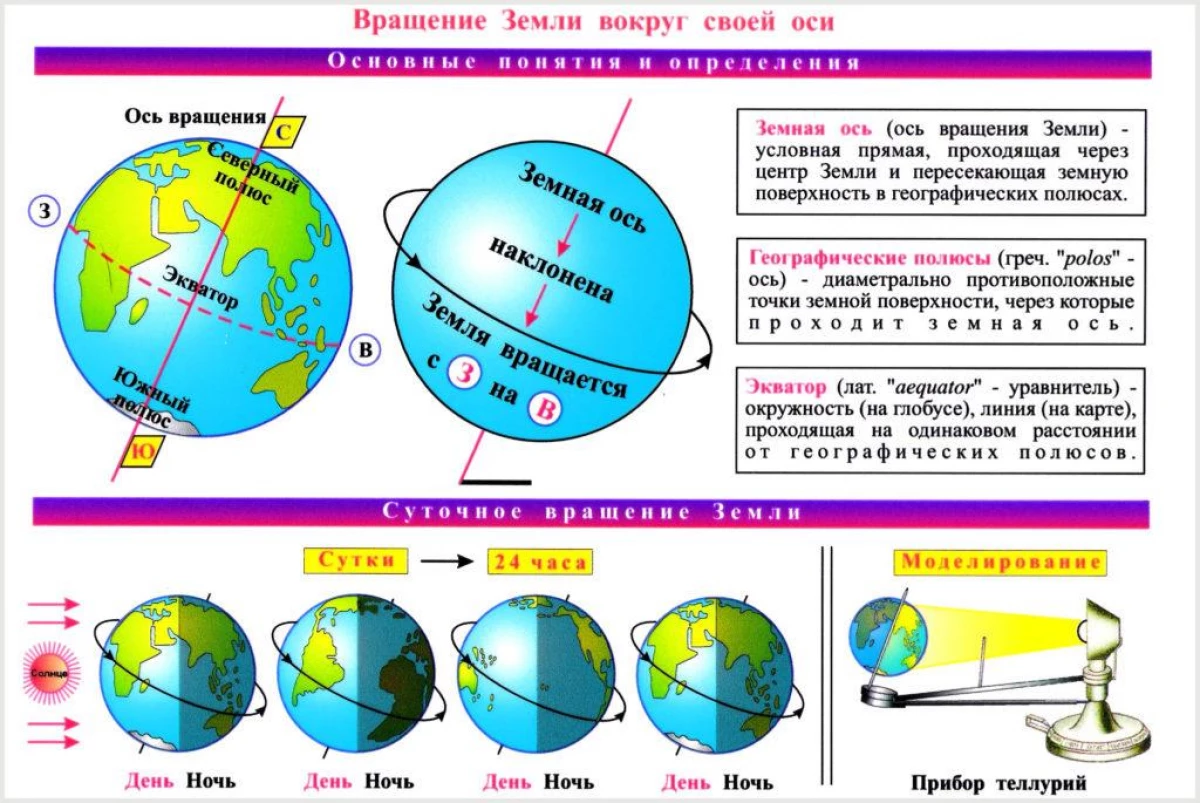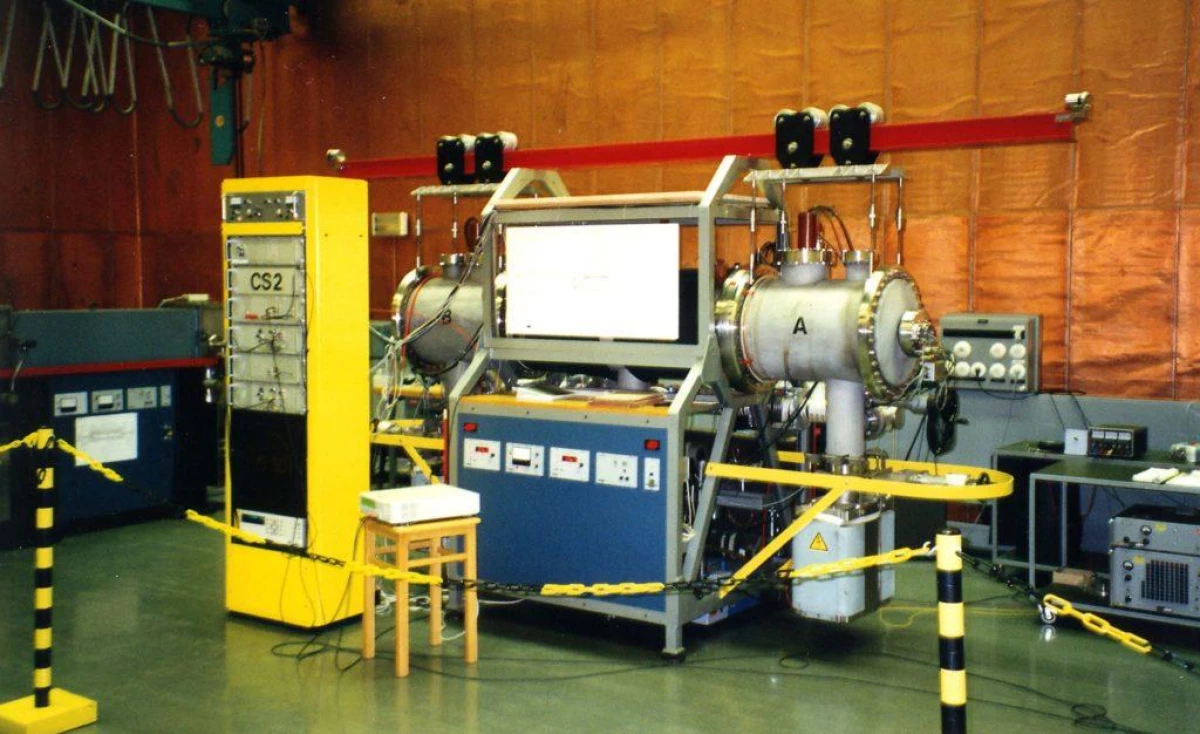
The European Space Agency is developing its own algorithm for predicting changes in the rotation of the Earth. These data are of great importance for the successful implementation of various space programs. Early testing of the new algorithm shows that it works more precisely to the instrument that is in operation now. The project is an important step to ensure independent Europe access to space.
The redistribution of the mass of our planet occurs regularly due to various factors, such as changes in the earth's atmosphere, moving and mixing the water of oceans, other water bodies, etc. As a result, the center of gravity changes, which affects the speed of rotation of the planet, and at the same time the duration of the day , direction axis of rotation.

All the above changes occur within short periods of time - days and weeks. People on Earth they do not harm any harm and remain unnoticed. At the same time, such changes may disrupt the relationship between ground stations and missions, which are carried out on earth orbit and within the solar system.
The success of ESA cosmic missions (like everyone else), directly depends on the parameters of the orientation of the Earth, with which the uneven rotation of our planet is described. According to Verner Ederle, the head of the ESA navigation support (Darmstadt, Germany), space ships are removed by millions of kilometers from ground stations. At the same time, the most accurate guidance on them is required, as 1 degree on Earth is thousands of kilometers in outer space.
To predict the orientation of the Earth over the coming weeks and months, the analysis of a plurality of factors is required: weather conditions, climate change, geological activity, etc. Currently, the US Naval Observatory is engaged in the orientation orientation issues, which uses data collected throughout the world.
The developing ESA tool predicts the rotation of the Earth for 90 days ahead with the help of global navigation satellite systems, satellite laser rangefinder, etc.

The Paris Observatory has an international Earth's rotation service, which specializes in the rotation parameters and planet coordinates. Experts found that in 2020 the Earth rotated unusually quickly. So, over the past year, 28 shortest days in the entire history of observations were recorded.
The institution carefully observes atomic clocks, on the basis of which the international atomic time is determined. If this time deviates from astronomical more than 0.4 s, the testimony of atomic clock is adjusted. Since the 60s, when the clock was running, they had to be adjusted for about once every 1.5 years, adding 1 second.
So it happened until 2016, since the earth was slower during this period. Astronomical day this year will be 0.05 ms in short. July 19 2020 Earth instead of 86400 C turned 1,4602 ms faster.
Channel site: https://kipmu.ru/. Subscribe, put heart, leave comments!
